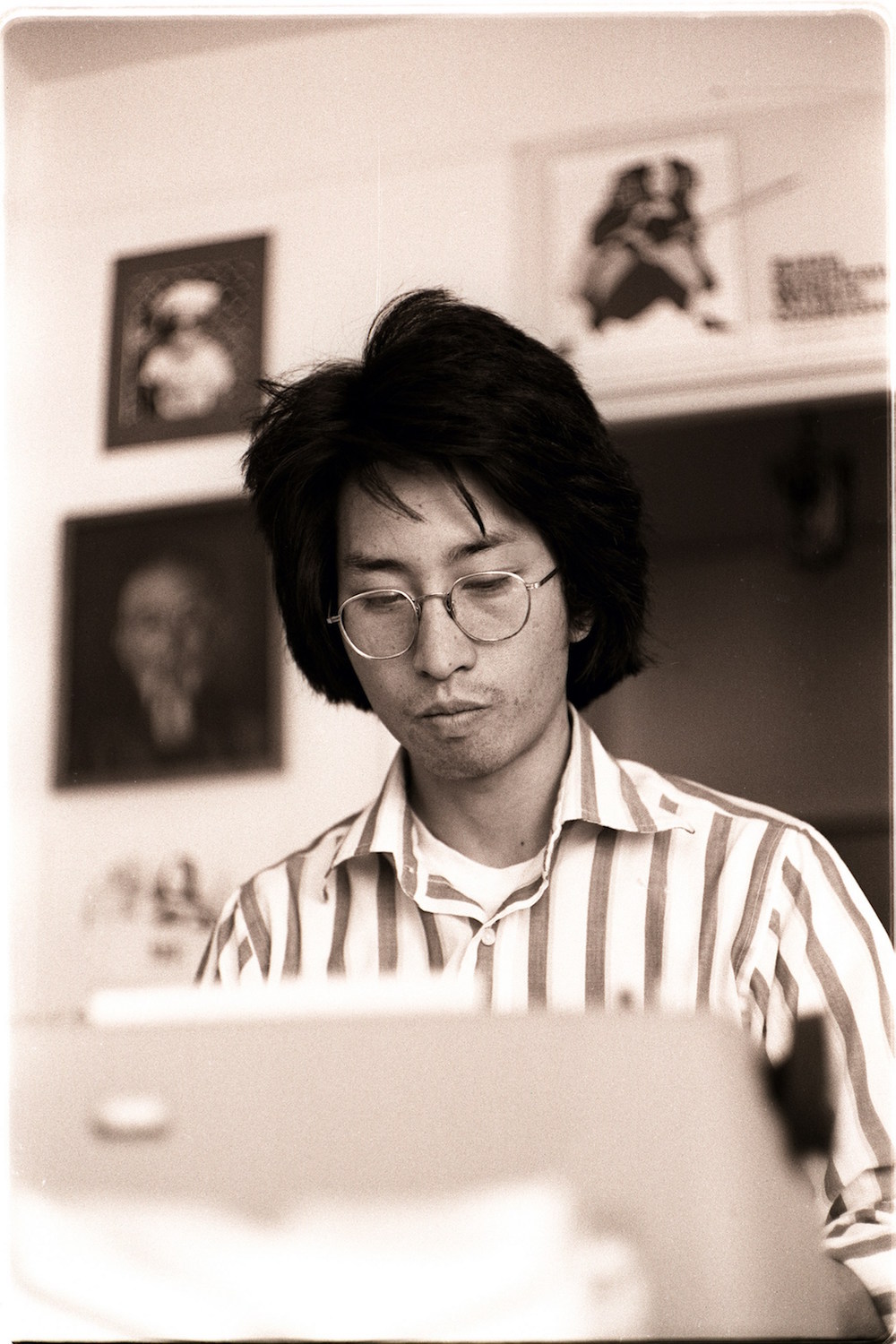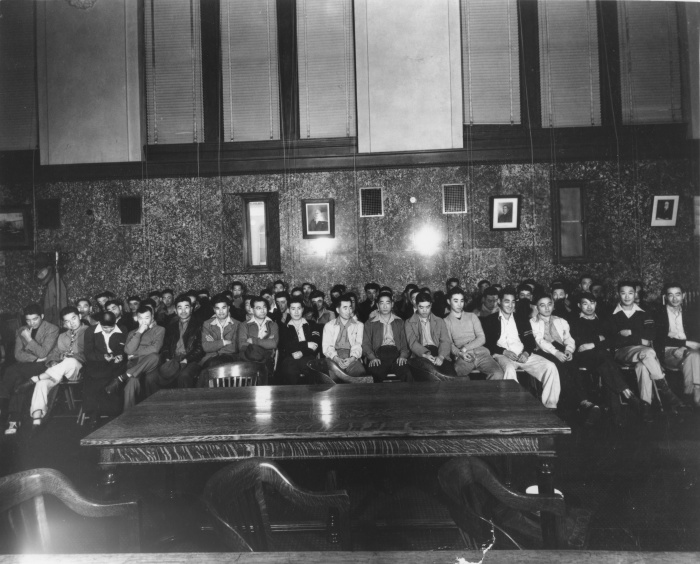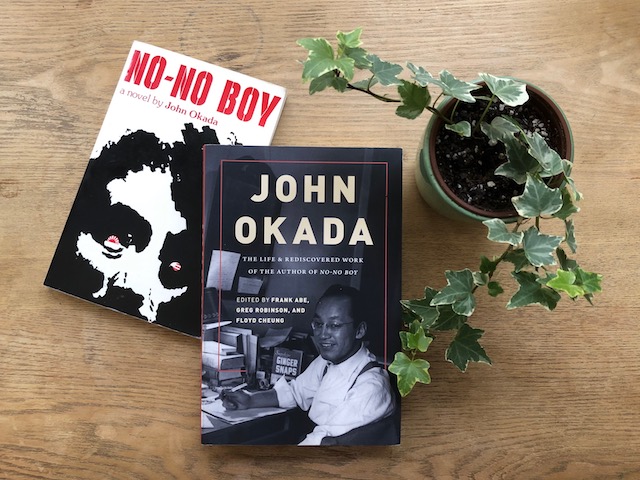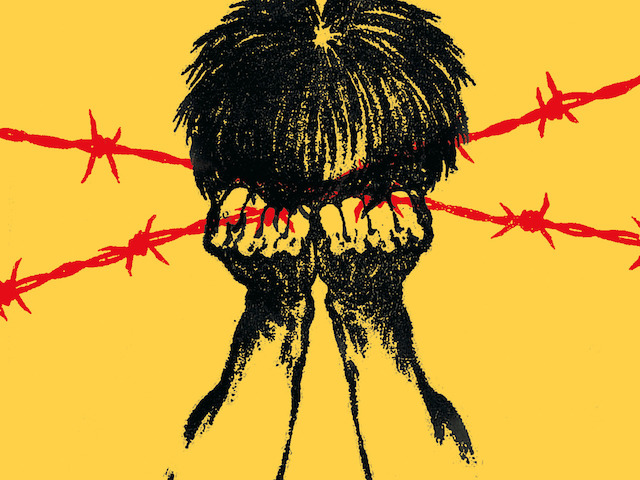As a historian and musician, Julian Saporiti has toured past and present sites of migrant detention. He calls his project No-No Boy.
Earlier this year, Penguin released a competing edition of John Okada’s 1957 novel No-No Boy, claiming that it was in the public domain. They didn’t grasp how the history of the novel’s publication is as important as the novel.
John Okada deserves credit for framing his book around the character of a resister—but he missed the opportunity to portray the depth and breadth of principled protest by incarcerated Japanese Americans.
In 2019, No-No Boy is bigger than it’s ever been. But the book that was saved was always haunted by the books that were lost.
52 years since it was first published, the groundbreaking novel No-No Boy has been reissued by Penguin Classics. The new edition features an introduction by Karen Tei Yamashita.
The overlooked poetry of the Tang era, Indian American exile fiction, a biography of the first Japanese American novelist, and new Asian American dystopias.
We would like to collect information during your visit to help us better understand site use. This data is anonymized, and will not be used for marketing purposes. Read More on our Privacy Policy page. You can withdraw permission at any time or update your privacy settings here. Please choose below to continue.






